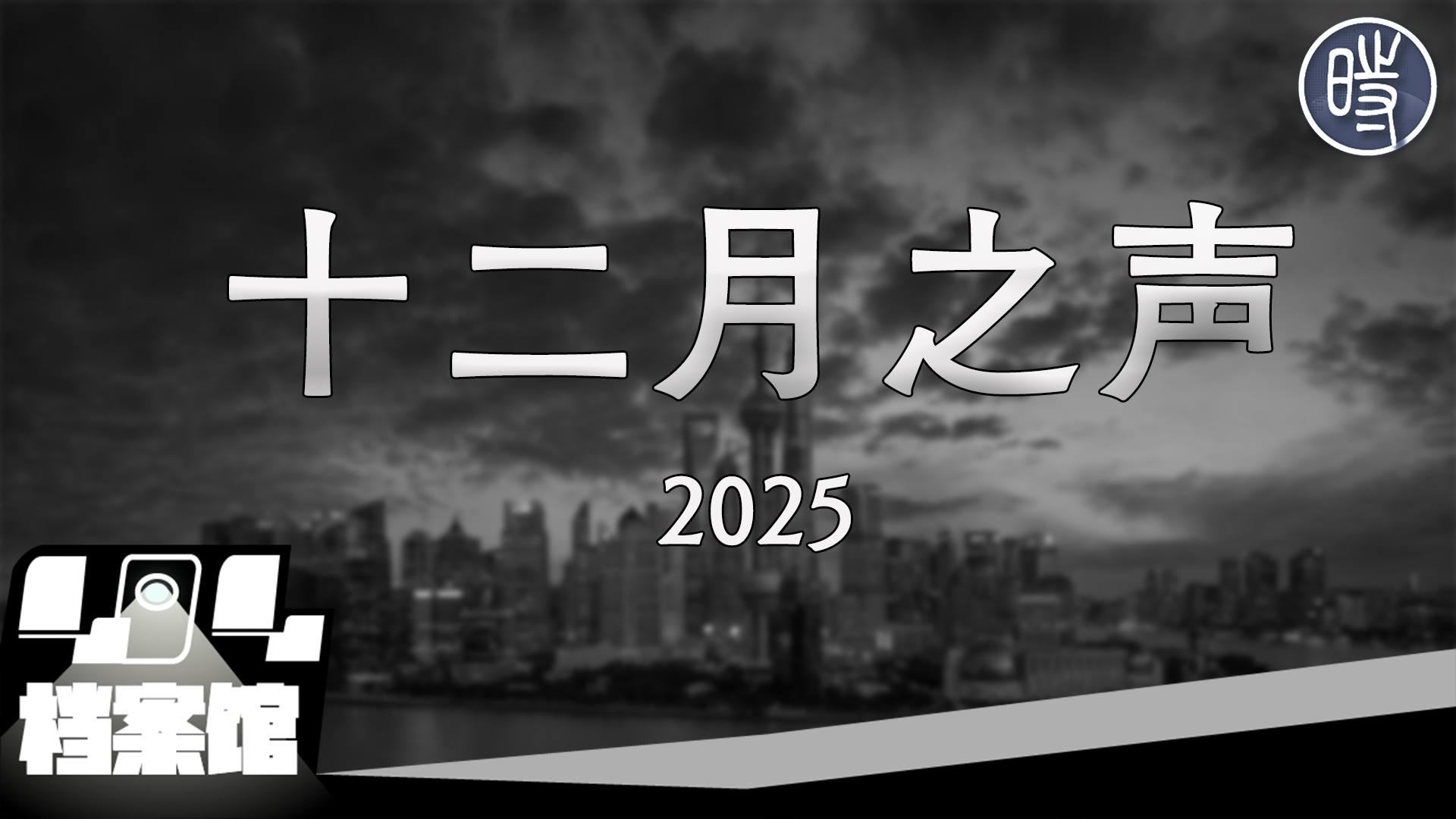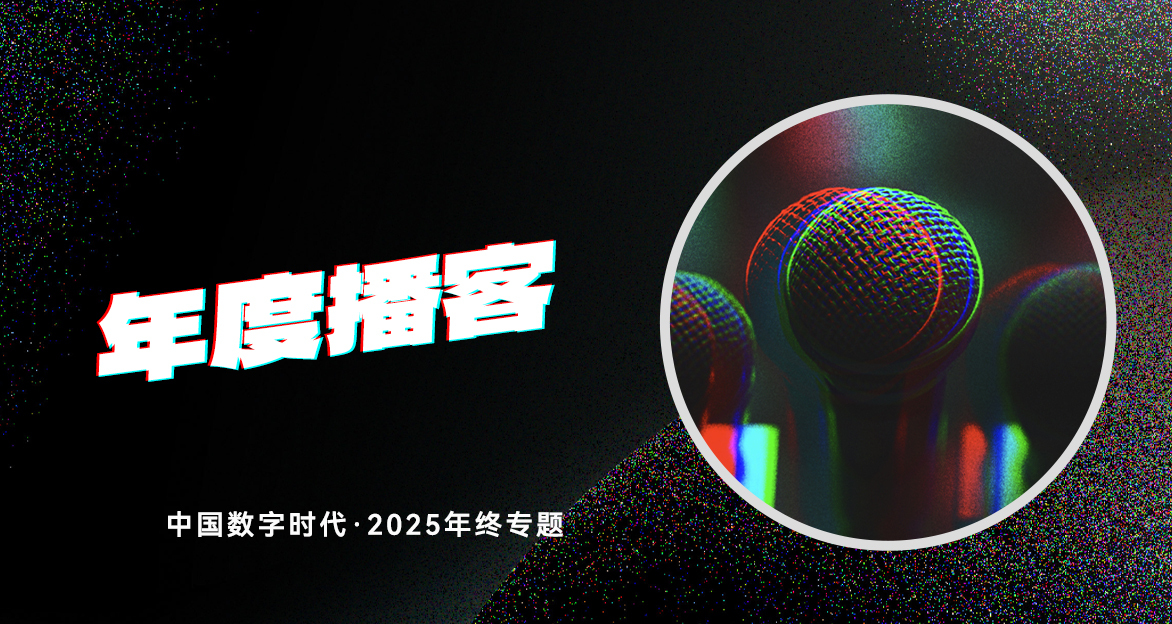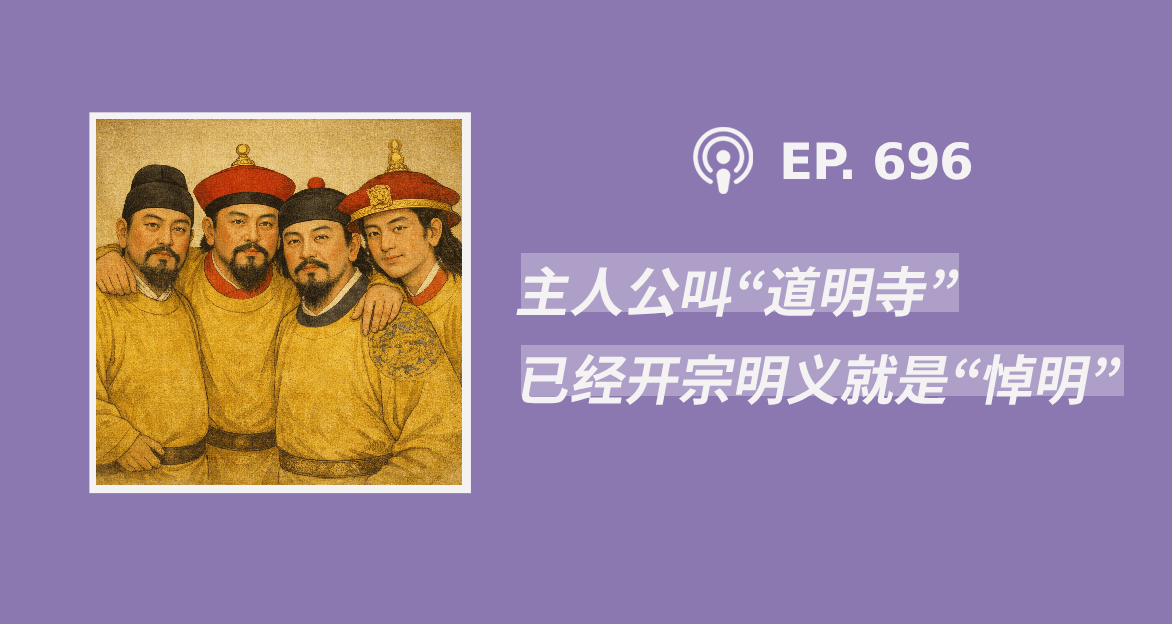不论是埃及超过百万人走上开罗街头,震撼总统穆巴拉克政权,还是一月中旬,被民众推翻的突尼斯总统本阿里事件,北京当局对此都忧心忡忡,担心引起民众响应。官方媒体几乎不提埃及人民对政治改革的呼声,而把报导焦点放在如何努力营救被困的中国公民身上。
埃及局势持续动荡,埃及民众要求推翻政府的進展,每天登上国际媒体的头条,牵动全球民心。联合国、美国、英国等诸多国家,都努力试图使埃及局势平息。然而,中共政府、媒体对这一重大政治事件却“普遍淡化处理”,甚至在中国互联网上,“埃及”二字成了禁区。
《路透社》2号报导说,北京严控的官方媒体对席卷埃及的抗议事件,普遍不发表评论,中共担心发生在这个阿拉伯国家政治改革的呼声会波及中国。北京官方媒体将埃及发生的冲突作为非重要新闻,不发表任何埃及大规模抗议场面或坦克上街的图片,它几乎不提埃及的不安局势,而把报导焦点放在政府如何努力营救被困在埃及的中国公民身上。
北京为什么封杀埃及起义的新闻?《法国国际广播电台》认为:贪污腐败,贫富不均,缺乏自由,中国人饱受的痛苦与埃及人不相上下。北京害怕受到起义病毒的波及,不论是埃及超过百万人走上开罗街头震撼穆巴拉克政权,还是两周之前,被民众推翻的突尼斯总统本阿里事件,北京当局都忧心忡忡,密切注视。中共当局怕公共秩序出现混乱,在国内镇压和扼杀对民主的任何渴望,更严密控制互联网、遮罩政治敏感的词汇,進一步加强对反对派的镇压以及对媒体的控制。
香港中文大学教授林和立: 「北京一贯对所谓颜色革命都比较紧张,认为在一些原来相对独裁的国家里,民众受到西方和平演变的影响,人民的力量显示,而且可能推翻独裁政权。中国媒 体是把关注点尽量避重就轻的报导,避免引起一般民众提问颜色革命会不会将在中国发生等等”
林和立还认为,中国虽然频繁发生群体事件,但是政府控制手段严密,一般得以迅速调动武警和警察扑灭任何可能蔓延的火焰。
针对这个问题,《德国之声》引述了中国问题专家章家敦(Gordon Chang)的论断说:“中国共产党人完全有理由不安。在一个光纤相连的世界,革命的热情不仅从一个国家引发到另一个国家,而且从一个大陆到另一个大陆。如同突尼斯人和埃及人一样,中国人日益失去对独裁制度的恐惧。北京的共产党领导人虽然在最近几年加剧了打压,但是,他恫吓的效果却越来越小。……
No matter whether the Egyptian incident in which over a million people took to street and shocked the Mubarak regime or the Tunisian incident when president Ben Ali was overthrown, they all made Beijing authorities more and more worried about Chinese people』s uprisings. The Chinese official media made no reports on Egyptian request for political reforms, but focused on how to rescue Chinese citizens trapped in Egypt.
The situation in Egypt is making headlines everyday. While the United Nations, and countries such as U.K. and U.S. try to help contain the situation, the CCP is
controlling media to “lighten” such political incident, and blocking the word “Egypt” from the Internet.
According to a Reuters report on Feb 2, CCP controlled media remained silent on the Egypt situation, as CCP worries that the call for political reform in the Arab
world will affect China. The Egypt situation is regarded as non-crucial news, and images of mass protests are not published. The media focus entirely on the government』s effort to save the Chinese citizens in Egypt, avoiding any mention of the political unrest.
The RFI remarks that the Chinese people suffer from corruption and lack of freedom much like Egyptians. The unrests in the Arab world, from mass protests in Egypt to the overthrow of Ben Ali in Tunisia, deeply troubled the CCP. Beijing worries that these incidents may trigger calls for democracy in China, which has led to tightened media control and Internet censorship.
Prof. Lin Heli from Hong Kong Chinese University: “Beijing is afraid of the so-called color revolution, knowing that people under dictatorship are inspired
by peaceful evolution in the Western world, and forces may rise to overthrow the dictatorship. The Chinese media underweight these incidents in order to avoid questions on the possibility of color revolution in China.”
Lin also points out that although mass incidents occur frequently in China, the government still maintains a tight control over the public by utilizing forces
such as the army and the police force.
Deutsche Welle quoted China expert Gordon Chang: “CCP has every reason to be afraid. In a connected world like this, the revolution spirit will spread from one country to another, from one continent to another. Just like the unisians and the Egyptians, the Chinese is overcoming the fear of the dictatorship. In recent years, although the CCP increased the degree of oppression, it is becoming less and less effective…”
更多翻墙方式请发电邮(最好用Gmail)到:CDTcaonimaATgmail.com













